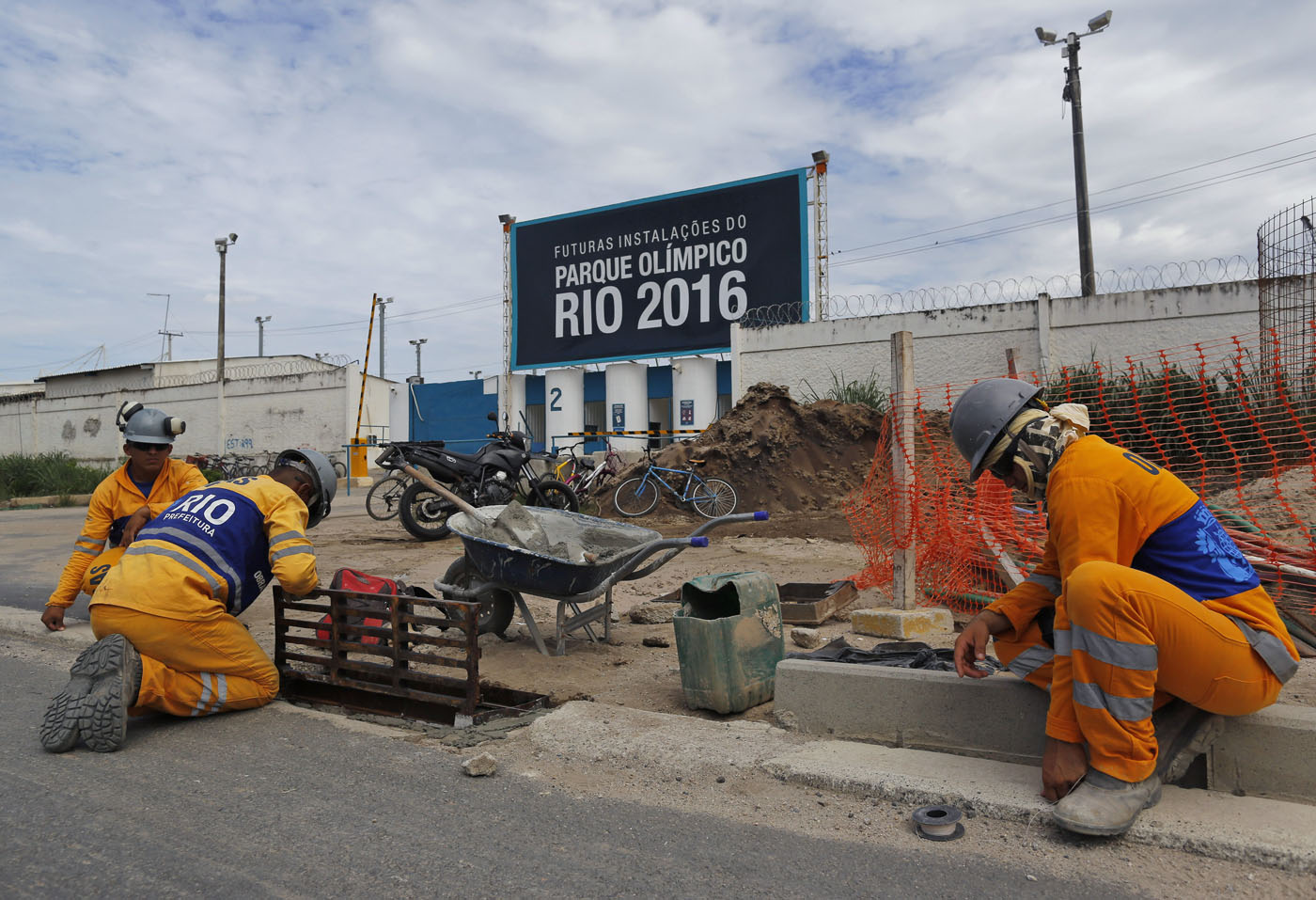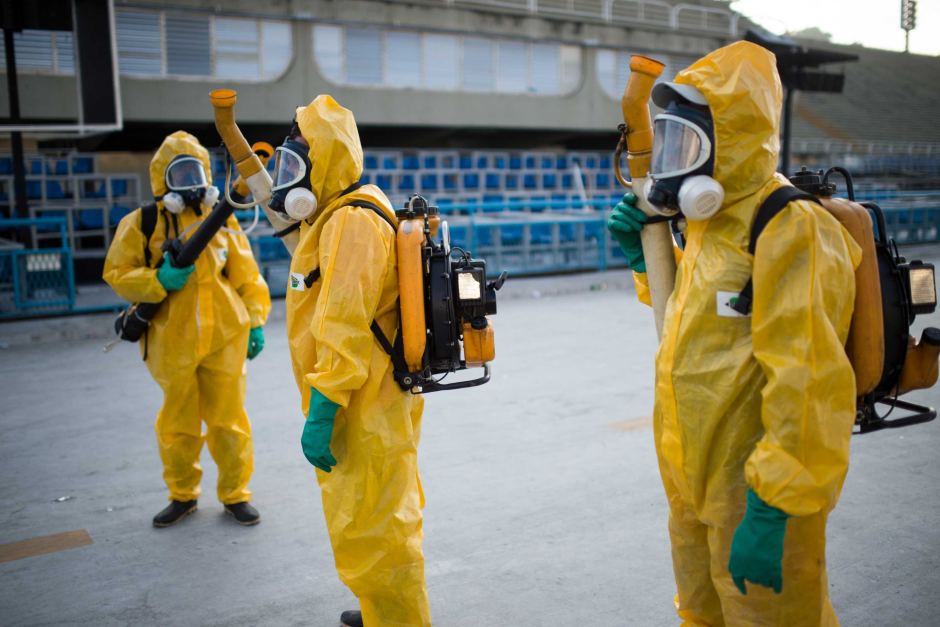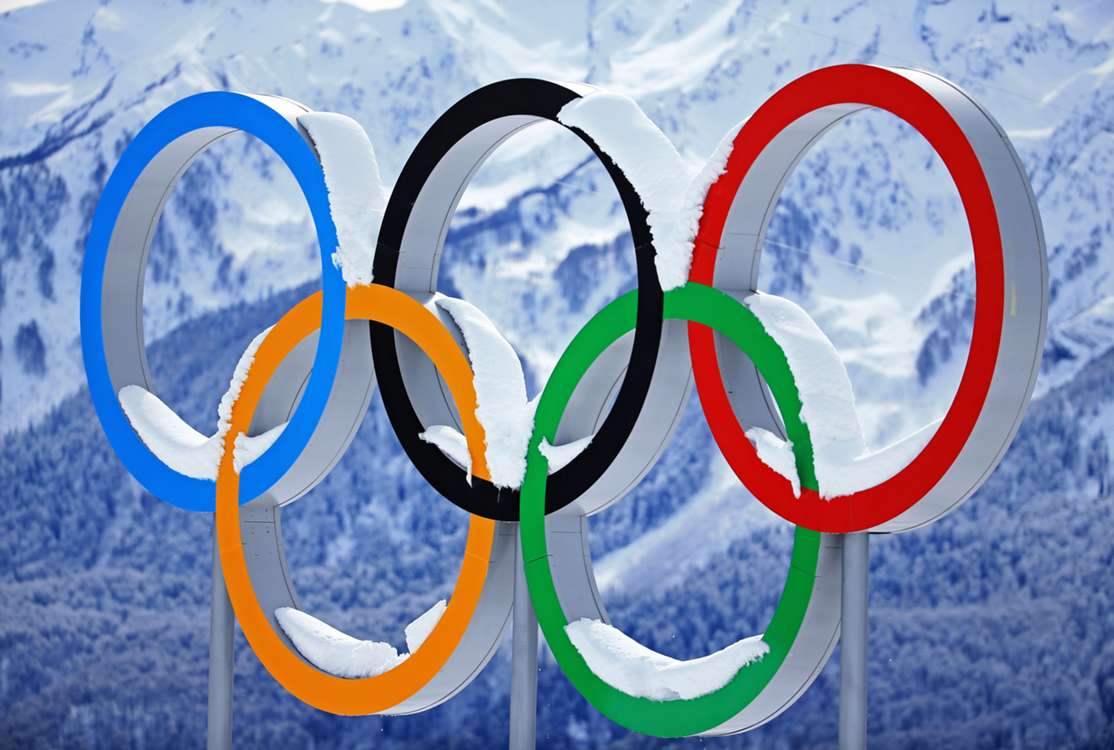By Sandy Davis
Following the end of the Summer 2016 Olympics in Rio de Janeiro, Brazil, questions have been raised concerning the political and economic welfare of the host country. In the aftermath of holding not one, but two major international sporting events in the past decade, Brazil’s economic and political future may be at stake. With the political drama surrounding Brazilian president Dilma Rousseff’s impeachment and the continued unease encompassing the welfare of the Brazilian economy, I sat down with a Brazilian student (Rodrigo Campos) – living in Brazil for the duration of the Olympics – and discussed his thoughts on the games in Rio.
At the start of the interview, Rodrigo gave me a general overview of the current political climate in Brazil. Reelected in 2014 with just over 51 percent of the vote, President Dilma Rousseff secured her political party, Partido Trabalhista (commonly called the Labour Party), another four years of the presidency. Rodrigo shared with me that Rousseff’s Partido Trabalhista (PT) has been in power since 2003, securing its 15-year reign until the end of 2018. However, in May 2016, Rousseff was formally stripped of her duties by the government of Brazil due to financial corruption charges. After formally being impeached (May 2016) and ousted (August 2016) on charges concerning budget misappropriation, her position was assumed by Vice President Michel Temer. He will remain as interim president until the end of her term in 2018. Since assuming his role as interim president, Temer has experienced mixed popularity among Brazilians. Known to many as an adept politician, Temer has also been informally accused of taking bribes. After hearing of these political problems, Rodrigo stated that, even to today, “Brazil continues to be divided, some supporting Dilma, others supporting her impeachment.”
The Olympics brought some improvements for Rio’s infrastructure…but the maintenance is expensive, and we are going through a rough economic phase. I hope they keep their promises and don’t abandon all the great arenas.
Rio was officially awarded the Olympic bid in 2009, making Brazil the first South American country to host the Olympic Games. The Olympic bid was a huge accomplishment for the developing country, and soon afterwards construction for and widespread anticipation of the large-scale international spectacle began. When asked about what was the most exciting part of hosting the Olympic games, Rodrigo stated that he was eager to show the world a part of the exquisite culture and beauty of Brazil.
Rodrigo also mentioned that some of the challenges with hosting the Rio games concerned multiple corruption scandals involving the construction of facilities used: “Whenever we need to build something with public money, we open an auction where construction companies exhibit projects and expenses to the Olympic planners and government” he explained. “However, big construction companies bribed politicians to choose their projects for the Olympics.” One report suggests that OAS, a Brazilian engineering and construction company, bribed politicians with an excess of $425,000 for favorable policy outcomes and the choice of their company for Olympic construction. Overall, these allegations suggest that, in its effort to create a spectacle on a global stage, Brazil cannot disentangle itself from corruption.
With the stress of hosting both the 2014 FIFA World Cup and the 2016 Rio Olympics in such close proximity to each other, coupled with the underlying political and financial burdens associated with such events, there were instances of opposition by Brazilian citizens during the games. Rodrigo stated that “during the competitions, you could see in the crowd people holding posters saying: ‘Fora Temer’ [Out Temer]…There were security guards taking political posters from the crowd. At one point there were twelve spectators escorted out of a soccer match for having posters with ‘come back democracy’ written on it.” These pressures were also evident during the Opening Ceremony, when interim President Michel Temer was publicly booed during his short speech.
When further questioned about the nature of the Opening Ceremony — specifically the public message on environmental conservation — Rodrigo specified that he did not believe this message to be an overtly political one and instead expressed that “Brazil is known for its natural beauty, and this being an international event, we drew attention to environmental issues, which I think was great since the world was watching the ceremony”.
At one point there were twelve spectators escorted out of a soccer match for having posters with ‘come back democracy’ written on it.
Considerable doubt has been cast on whether Brazil was truly ready to host an international event such as the Olympics. Still considered by many Western countries as a developing state, Brazil’s lack of preparedness in sustaining the immense political and economic burdens associated with such a massive and attention-grabbing global spectacle may have been unfairly preconceived by other countries. Rodrigo commented on the dubious conditions surrounding the athlete’s village, specifying that some buildings had only been completed mere days before the Opening Ceremony began. He went further to explain that Rio might not have been the most ideal city to host the Olympics, as it is considered one of the mot poverty-stricken regions in Brazil.
When asked about the future of Brazil in the aftermath of the Olympics, Rodrigo expressed “I’m sure local business profited from all the tourism the event brought…the Olympics brought some improvements for Rio’s infrastructure…[and] all the Olympic installations after the games are over will be used to improve sports and support athletes in Brazil. But the maintenance is expensive, and we are going through a rough economic phase. I hope they keep their promises and don’t abandon all the great arenas.” In short, a large component of the success from these Olympics will be determined by the economic success of Brazil as a country in future years. It will take time and a strong political will from the people of Brazil to determine whether these Olympic Games will live on in history as a success or a failure as a global public spectacle.


